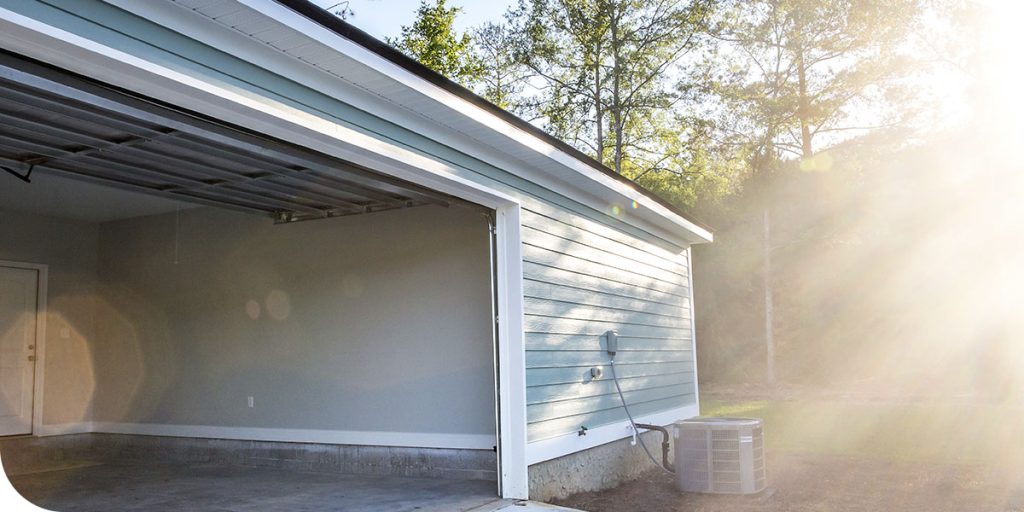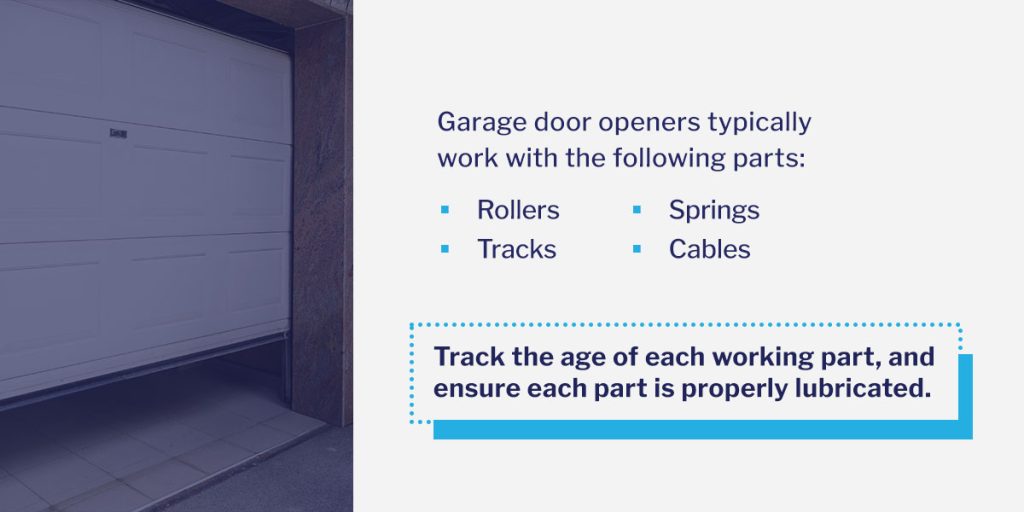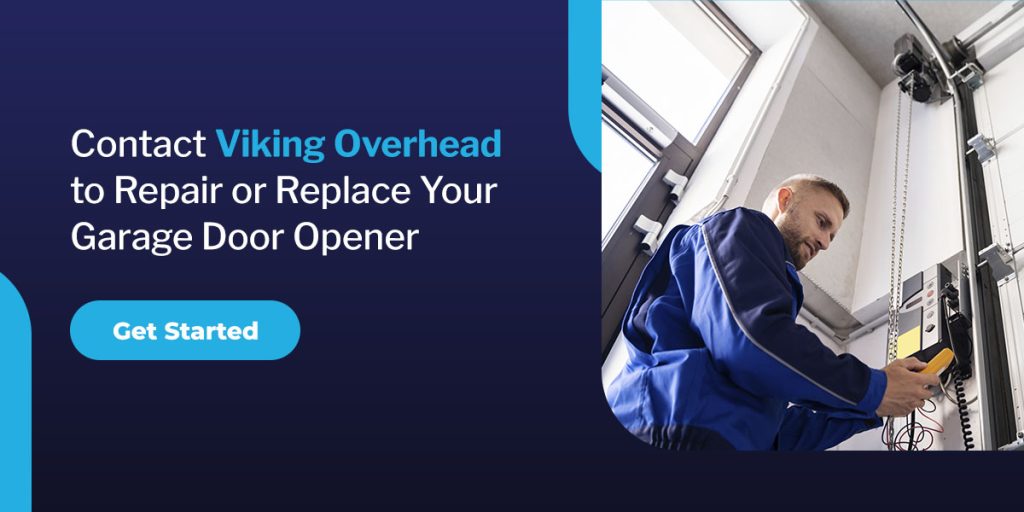
Garage door openers are incredibly valuable property features. With these innovative yet simple devices, you can open and close a garage door at the touch of a button. There’s no need to manually open and close the door, making leaving and returning home safer and more convenient. For most homeowners, the garage door acts as a home’s main entrance and exit.
While openers can last quite a few years and don’t require much maintenance, there are times when you will need to replace this component.
If a garage door opener fails, the door can cause immense and costly damage to a property and the vehicle that may be trying to enter or exit through the door.
So, what are the signs that you need to replace your garage door opener?
A quality new garage door opener should last at least 10 years. For example, a Chamberlain garage door opener lasts 10-15 years, while a Liftmaster garage door opener lasts about 15-20 years. However, this depends on the specific model and several other factors.
The age of the component, its condition and the condition of the garage door, general wear and tear, maintenance of all parts and other factors will determine how long the opener can last. For example, an opener that needs to lift an unbalanced garage door will experience a lot more wear and tear and have a much shorter life span. At the same time, older garage door openers that are used excessively will need replacement sooner than an opener used less frequently.
Moreover, a garage door opener remote can also last about 10 years, although you must routinely replace the batteries.
Instead of waiting until your garage door opener malfunctions and damages your property, prioritizing ongoing maintenance and the upkeep of all working parts can prevent this and extend the component’s life span. It’s often helpful to know the functional parts of the opener and their life spans.

Garage door openers typically work with the following parts:
Track the age of each working part, and ensure each part is properly lubricated. If parts are not lubricated sufficiently, the opener will have to work much harder to keep the door on track while in motion, eventually leading to damage. Even the slightest increase in strain on working parts can shorten the opener’s life span by several years.
Beyond understanding the different working parts and their life spans, it’s also beneficial to know how to troubleshoot issues. You’ll be able to identify problems sooner and fix them before they worsen. Here are some tips for garage door opener troubleshooting:
If you are experiencing any of these common problems, it’s worthwhile to lubricate the working parts and contact a professional technician if this effort doesn’t yield results.
Even though garage door openers are fairly straightforward devices with few working parts, it’s not recommended to attempt repairing the device yourself. A professional technician can diagnose, repair or replace the device quickly. Doing so yourself may lead to property damages, and because garage doors are incredibly heavy, you will also need to consider the safety risks involved.
An experienced technician will find cost-effective solutions to get your garage door running smoothly again. And you will benefit from repair warranties when relying on a professional.
If you need a complete garage door opener replacement, professional garage door opener installation is quicker and safer than trying to do it on your own.
